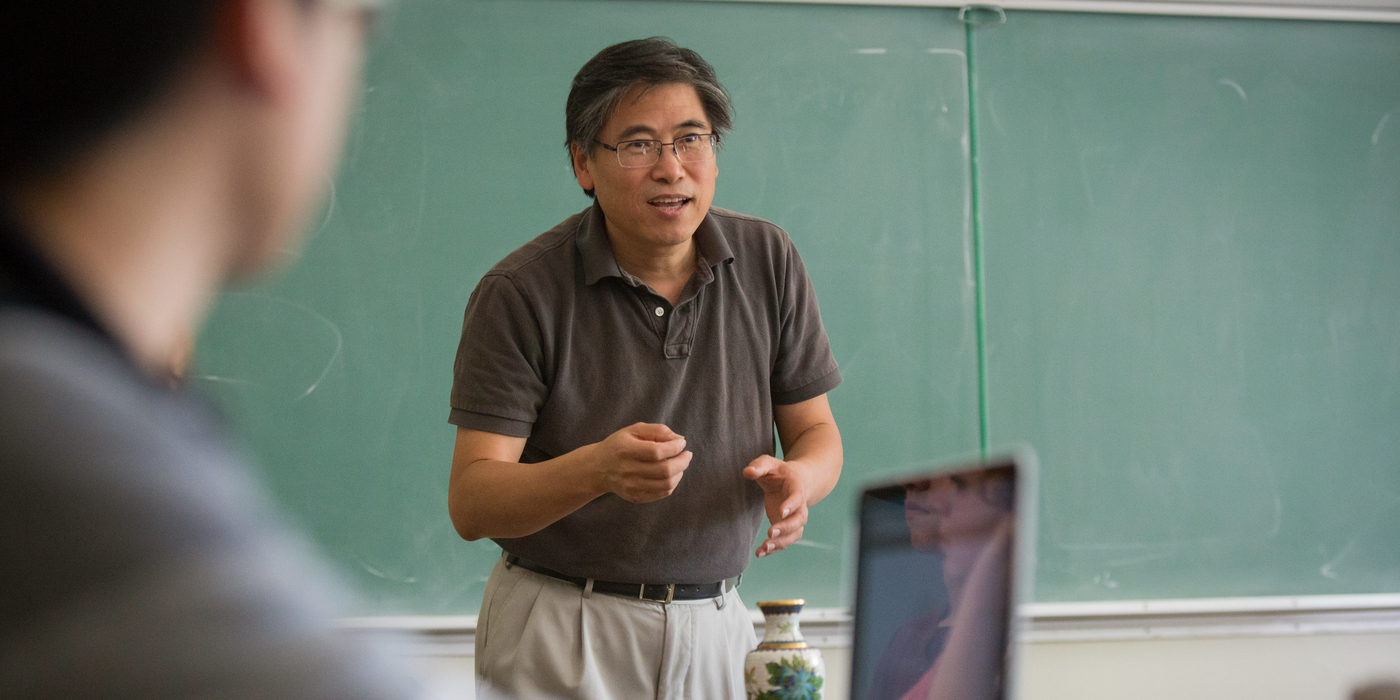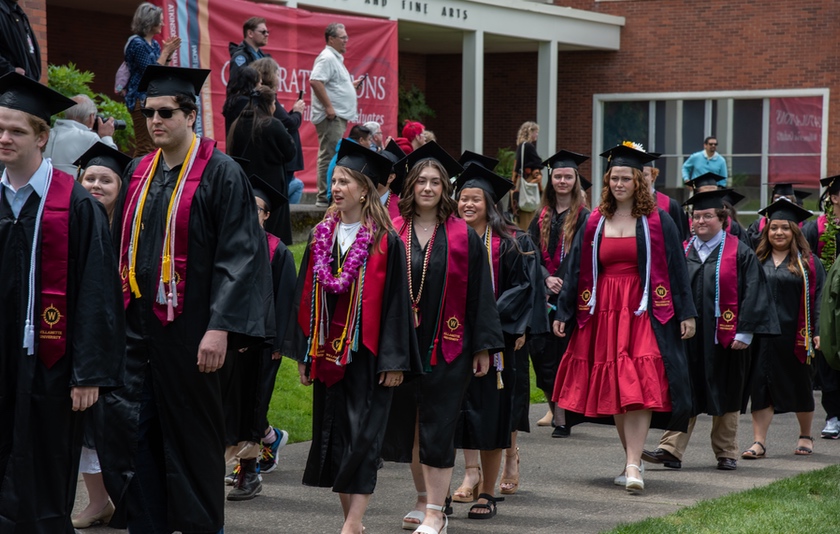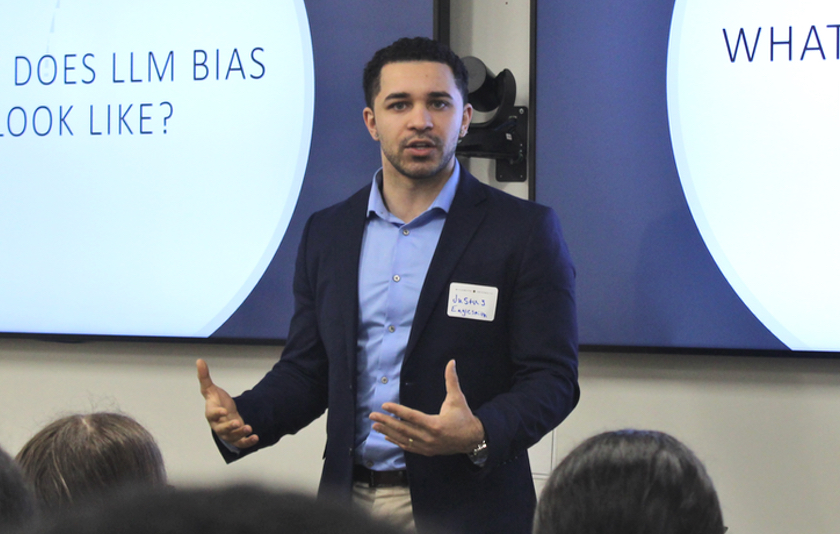Professor of Chinese Studies Juwen Zhang’s work as an Asian American folklorist takes him beyond the classroom to tell the stories of ancient wisdom and resistance — and to engage the public conversation on current issues of racism and intolerance. A Chicago Folklore Book Prize winner, Zhang’s book “Oral Traditions in Contemporary China: Healing a Nation” explores the role of oral narratives in reconstructing national identity. In several essays of his two hundred plus publications, he examines the representation — and misrepresentation — of Asian Americans in American history. His exploration into folkloric identity has recently taken him on a new path: bringing the issues to the public on the podcast “Yellow and Brown Tales: Asian American Folklife Today.”
Zhang hopes the podcast and his academic work will help the public address issues of representation. “As I’ve said in various situations, we need first to realize that every one of us is either consciously or unconsciously racist because the racist system has educated us for five centuries,” Zhang explains. “Fighting against racism is not the job of certain people. It’s everyone's job.” Zhang believes the first step in the public discourse is to “look at concrete cases such as tales and translations, and then identify where we can fix the problem and find paths for the future.”
“My job is to look at the folklore, tales about Europeans, about Chinese, about others that have educated generations, and find if we should continue with those or not,” Zhang says. He adds that we can do better than just repeating the old slogans; instead “everyone can find some ways to change their own mindset and help others to understand different things.”
The podcast aims to do just that by exploring the cultural history of Asian Americans and their lives now. The digital audio format helps Zhang to reach new and wider audiences. The project acknowledges that many aspects of Asian American life have been unheard and unseen by most Americans and hopes these stories will uplift and showcase their rich and expressive culture. The podcast also serves as an opportunity for Willamette students to be involved in interviews and production.
As a Fellow of the American Folklore Society and past president of the Western States Folklore Society, Zhang also re-examines cultural history in his Chinese language courses with students taking a close look at each translator’s agenda, biases, and stereotypes. “Translation is a language thing, a cultural thing, as well as an ideological thing. It’s our job to identify various stereotypes and re-educate ourselves,” he says. He has helped a dozen students publish their translations.
Zhang emphasizes that folklore is very much a part of everyday life. “We want to see how we build our identity. We maintain our identity through folklore practice, whether it’s a personal, group, culture, ethnic or national identity,” he says. “Asian American experiences are often isolated, ignored, and marginalized.”




